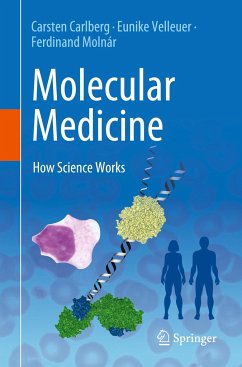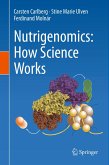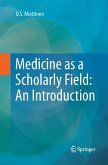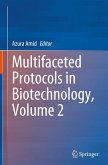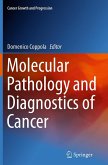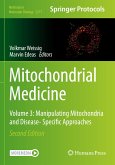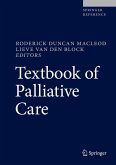The fascinating area of molecular medicine provides a molecular and cellular description of health and disease. Starting with the understanding of gene regulation and epigenetics, i.e., the interplay of transcription factors and chromatin, this book will provide an fundamental basis of nearly all processes in physiology, both in health as well as in most common disorders, such as cancer, diabetes as well as in autoimmune diseases. Most non-communicable human diseases have a genetic (= inherited) as well as an epigenetic component. The later one is based on our lifestyle choices and environmental exposures. Many common diseases, such as type 2 diabetes, can be explained only to some 20% via a genetic predisposition. We cannot change the genes that we are born with but we can take care of the remaining 80% being primarily based on our epigenome. Therefore, there is a high level of individual responsibility for staying healthy. Thus, not only biologists and biochemists should beaware of this topic, but all students of biomedical disciplines will benefit from being introduced into the concepts of molecular medicine. This will provide them with a good basis for their specialized disciplines of modern life science research.
The book is subdivided into 42 chapters that are linked to a series of lecture courses in "Molecular Medicine and Genetics", "Molecular Immunology", "Cancer Biology" and "Nutrigenomics" that is given by one of us (C. Carlberg) in different forms since 2002 at the University of Eastern Finland in Kuopio. This book represents an updated version and fusion of the books textbooks "Mechanisms of Gene Regulation: How Science Works" (ISBN 978-3-030-52321-3), "Human Epigenetics: How Science Works" (ISBN 978-3-030-22907-8). "Molecular Immunology: How Science Works" (ISBN 978-3-031-04024-5), "Cancer Biology: How Science Works" (ISBN 978-3-030-75699-4) and "Nutrigenomics: How Science Works" (ISBN 978-3-030-36948-4). By combining basic understanding of cellular mechanism with clinical examples, the authors hope to make this textbook a personal experience. A glossary in the appendix will explain the major specialist's terms.
The book is subdivided into 42 chapters that are linked to a series of lecture courses in "Molecular Medicine and Genetics", "Molecular Immunology", "Cancer Biology" and "Nutrigenomics" that is given by one of us (C. Carlberg) in different forms since 2002 at the University of Eastern Finland in Kuopio. This book represents an updated version and fusion of the books textbooks "Mechanisms of Gene Regulation: How Science Works" (ISBN 978-3-030-52321-3), "Human Epigenetics: How Science Works" (ISBN 978-3-030-22907-8). "Molecular Immunology: How Science Works" (ISBN 978-3-031-04024-5), "Cancer Biology: How Science Works" (ISBN 978-3-030-75699-4) and "Nutrigenomics: How Science Works" (ISBN 978-3-030-36948-4). By combining basic understanding of cellular mechanism with clinical examples, the authors hope to make this textbook a personal experience. A glossary in the appendix will explain the major specialist's terms.

